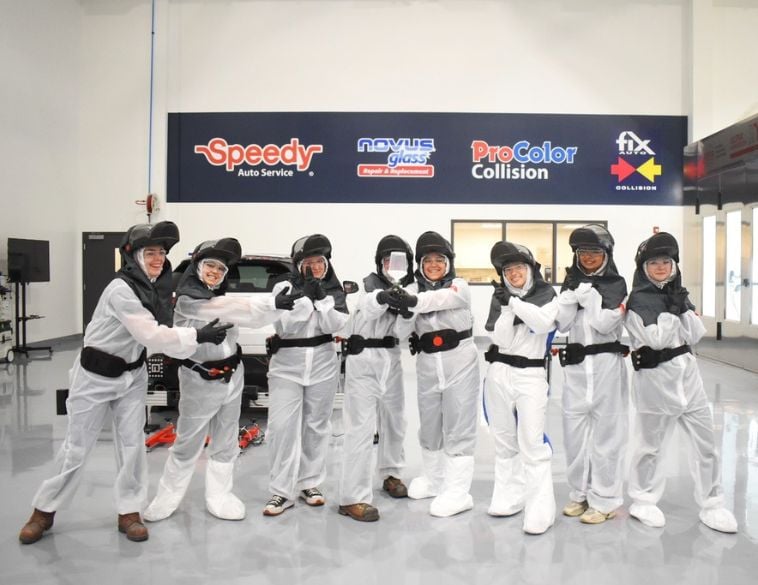In the second of two columns, J.R. looks at how the post-pandemic claims process is impacting the mechanics of shop operation
We all know that collision centres across the country are struggling with capacity—more work than there are people to perform it. Furthermore, with a trend toward more of the claims process being downloaded from insurers to the shop, more work is now required for each repair, which further adds to the issue of capacity. Because average work orders are taking longer, that means additional delays and challenges.
Although the situation is slowly improving, parts shortages—alongside labour remain an issue in our industry. And while the lack of qualified technicians is well documented, many collision centres are also contending with shortages in administrative staff.
Significant value
Budds’ Collision is no exception and some days it feels like we’re more of an education and training centre than a high-volume collision shop since we’re frequently bringing in new staff and training and developing them so they can have a rewarding career and providing significant value to the business and the industry.
When we look at the claims process, there’s no question it is more challenging today than it was prior to the COVID-19 pandemic. We have many more variables to contend with—a key one being delivery times. Today it is often difficult to provide a delivery date for the repaired vehicle, not only for the customer but also for the insurer. And, if you don’t have everything properly documented and planned, the shop can end up eating a significant bill on a rental vehicle for the customer due to delays in the repair process.
On the flip side, there’s also a trend of some shops trying to rush repairs and get them finished as fast as possible. The trouble is, when you do this and you don’t take the time to properly research repair procedures and fully document the damage, you end up with other problems, such as supplements, reworks, unhappy customers and further delays and costs.
As vehicles become more sophisticated and more administrative work is required for each repair, delays are occurring because, like in the shop itself, we often find ourselves with not enough staff to work on these claims and get the repair process moving forward. When you combine that with a shortage of technicians, the potential for major delays and frustrations is significant.
Severity issues
There’s also the question of cost. In today’s environment, severity as a measurement of the repair is essentially out the window. In most cases, shops are having to replace parts instead of performing repairs. Even something as simple as a bumper cover can have 20% more parts than it did just five-six years ago. And when you’re in a situation where you’re essentially forced to replace more than you can repair, as a shop you cannot be held to account for severity because it is something completely beyond your control.
On a positive note, insurers are starting to recognize this, but it’s also leading to changes in the types of repairs that are being accepted. For example, we’re seeing a decline in non-drivable repairs because they are becoming more difficult to perform and more difficult to finance.
Another thing we need to consider today is that as challenging as it is for collision centres to find good people and train them, insurers are facing the exact same issue. We’re seeing high turnover rates when it comes to adjusters—and when that happens, it impacts the claims process. It reduces consistency, impacts your receivables, and expenses, and lowers customer satisfaction scores. The net result can be very challenging for the shop, adding further expense and complexity to the repair process.
Ultimately, navigating successfully through these kinds of situations requires having robust processes and effective communication between the shop and the insurer. Progressive collision centres recognize this and we’re seeing them find new and innovative ways to get cars in, get them properly repaired and deliver a result that is satisfactory to all stakeholders.



